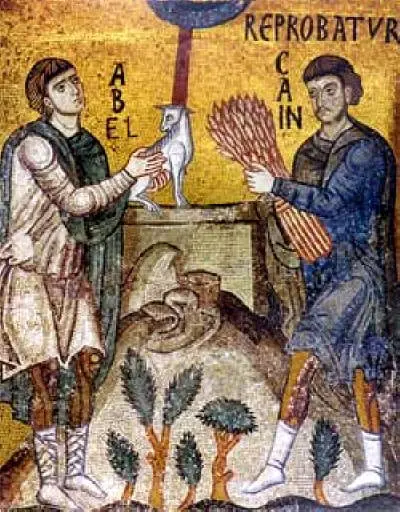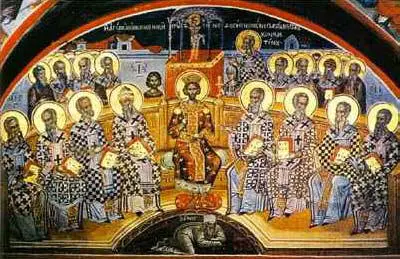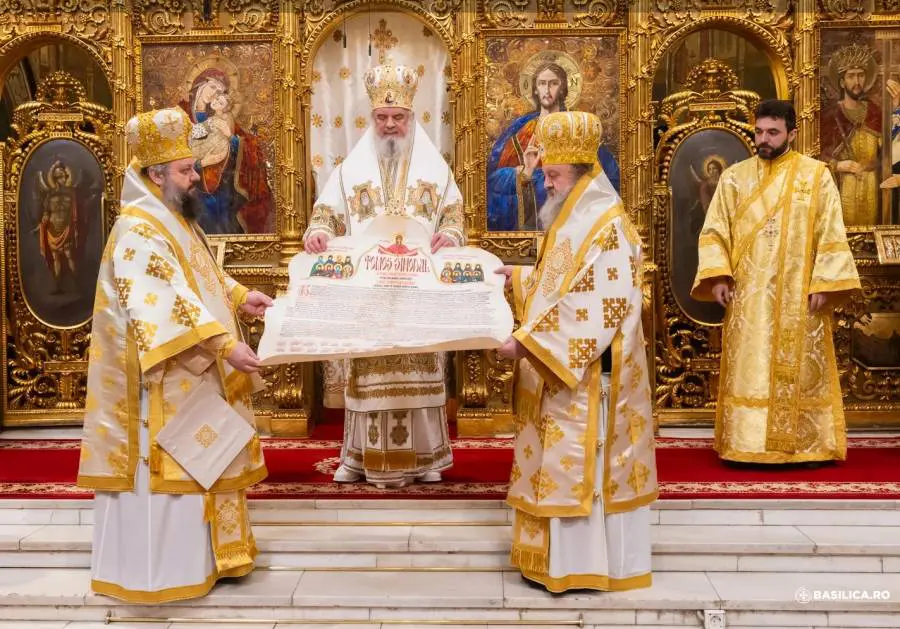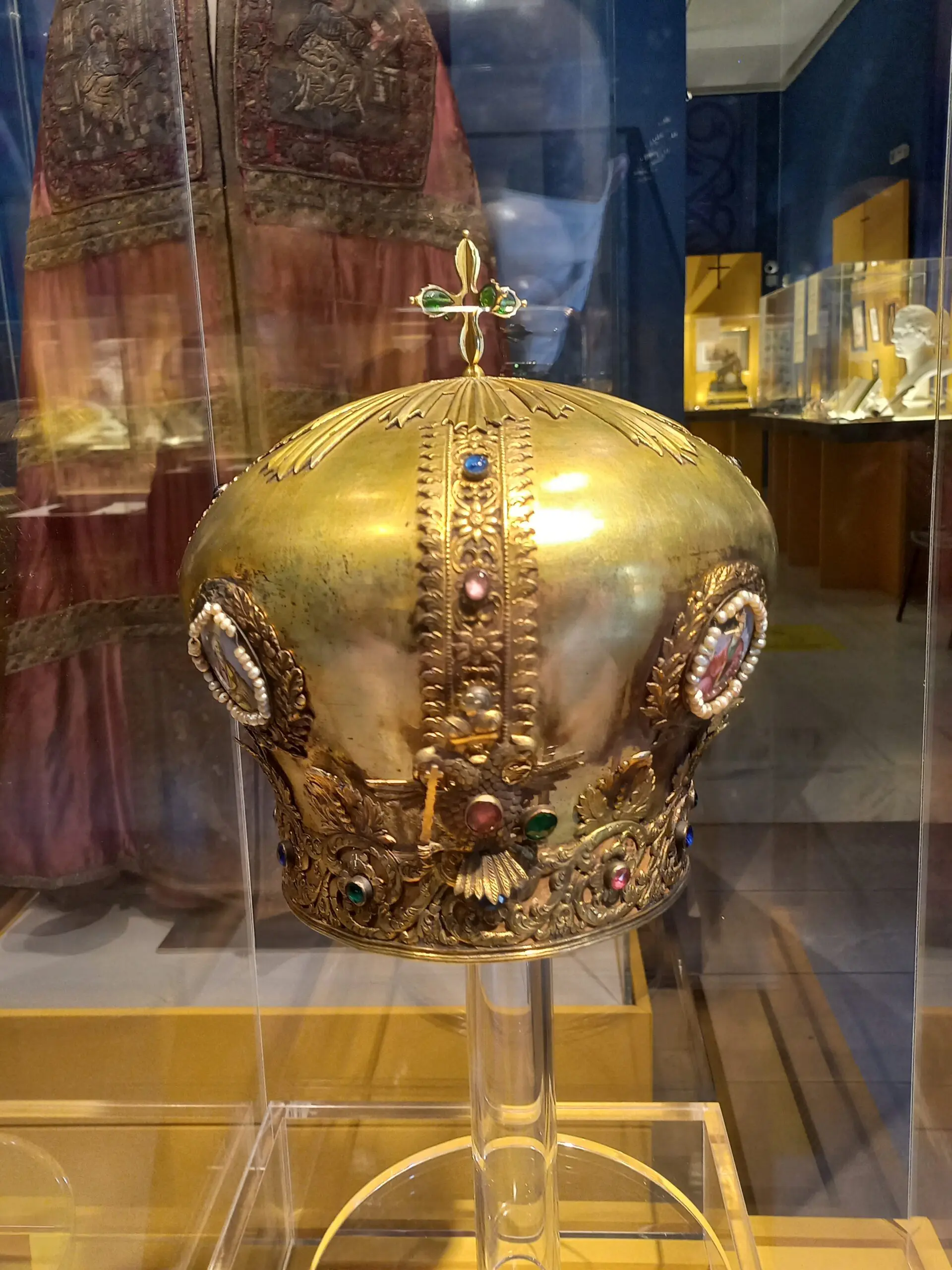Africa’s most populous nation, Nigeria, is experiencing concurrent crises this year, highlighted in a recent spate of violent attacks in the north of the country, and the World Council of Churches has expressed alarm about the destruction to life taking place.
The Executive Committee of the WCC, in a video conference on July 20-24, took “special note” of several situations of concern brought to its attention in Nigeria.
“A recent spate of violent attacks in northern Nigeria has once again cost many lives, destroyed much property and resulted in further displacement of affected people and communities,” said the WCC.
“Christian communities and church leaders have been among those seriously affected by such attacks,” said the message.
This has triggered growing insecurity in the north-west of the country exacerbating the challenges posed by a longstanding Islamist extremist insurgency in the north-east.
Nigeria has an estimated population of 214 million people of whom nearly half are believed to be Christians and just over half Muslims.
The WCC said recent attacks and insecurity have particularly affected the states of Borno, Adamawa, Taraba, Plateau, Niger, Kaduna, Katsina, Zamfara and Sokoto.
“Further, alarming rises in food insecurity and gender-based violence have accompanied the coronavirus pandemic, prompting calls for legal and social reforms,” said the council.
IMPACT OF COVID-19
The impacts of the COVID-19 pandemic are also deeply felt in the economic arena, which has Africa’s biggest economy.
Officials responsible for developing Nigeria’s economic recovery plan estimate that 39.4 million people could be unemployed by the end of 2020 without major government intervention and support.
“The recent lockdown imposed in some states to limit the spread of the virus has also compounded a long-term crisis of sexual and gender-based violence in Nigeria,” said the WCC.
It cited a major spike in cases of such violence prompted 36 governors to declare a state of emergency over rape and attacks against women and children in the country.
Nigeria’s police chief reported 717 rapes nationally between January and May this year, equating to one rape every five hours.
Furthermore, results of a 2019 survey suggest that up to one in every three Nigerian girls could have experienced sexual assault by the time they reach 25.
“However, the number of successful prosecutions of rape suspects remains low and stigma often prevents victims from reporting incidents,” said the WCC statement.
The executive committee noted the extensive ecumenical and interreligious engagement there and “expresses deep solidarity and prayers for the churches of Nigeria in their efforts to respond to such a constellation of crises [and] celebrates the signs of hope offered by the churches and their partners in the initiatives.”
The WCC statement noted the increased inter-religious cooperation for peace – including through the Nigeria Inter-Religious Council.
This is reflected in the establishment of the International Centre for Interfaith Peace and Harmony (ICIPH) in Kaduna, supported by the WCC and the Royal Aal al-Bayt Institute for Islamic Thought (RABIIT).
The WCC said the center is a hub for cooperation among the Nigerian Christians and Muslims for the purpose of fostering peace and harmony between people of different religions






